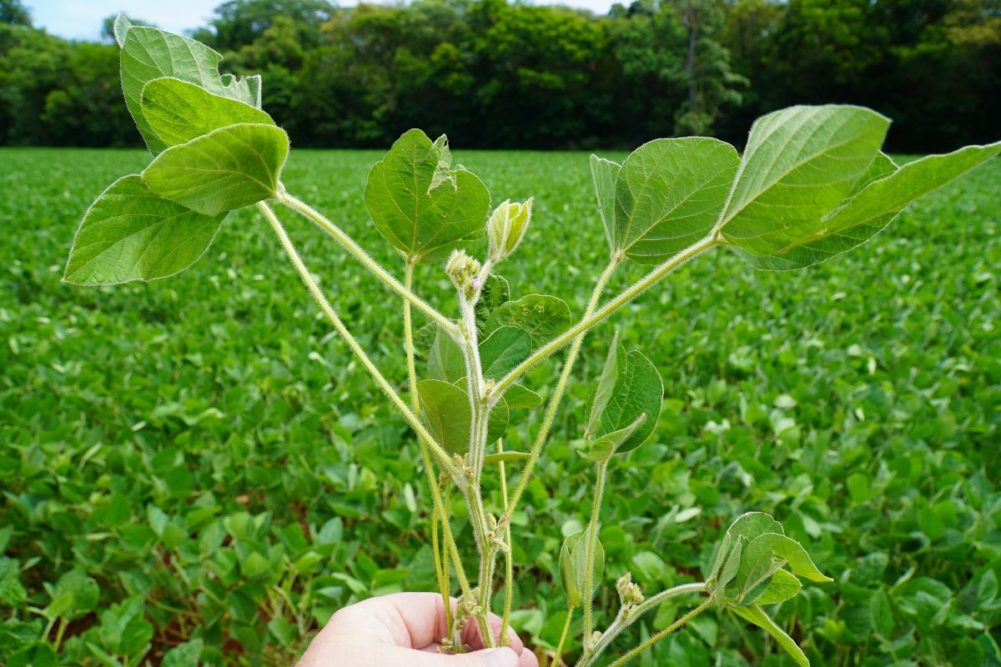SÃO PAULO, BRAZIL — Bunge Ltd. is launching a regenerative agriculture program to support rural producers in Brazil in their transition to low-carbon agriculture with technical support, tools, products and services as part of its global efforts to curb greenhouse gas (GHG) emissions.
The free program for farmers promotes increased productivity and cost reduction using concepts and cultivation practices to improve soil fertility, increase atmospheric CO2 storage in the earth, promote biological diversity, improve soil water retention and infiltration, and more efficiently manage use of energy and agricultural inputs.
The program consists of three stages, customized according to the characteristics of each property:
- Diagnosis of the farm’s adherence to regenerative agriculture practices;
- Customized action plan according to each diagnosis, indicating regenerative practices that can be implemented and/or improved, including provision of technical assistance for the adoption of transition actions towards sustainable agriculture;
- Commercialization of production — Bunge will connect the producer that adheres to the program with the market that demands products of sustainable origin.
“We know that many regenerative practices are already applied on the properties and our goal is to provide reliable and structured data so that the producer can assess the need to implement additional, corrective or reinforcing measures,” said Pamela Moreira, South America sustainability manager for Bunge. “We will support you on this journey of constant improvement and learning.”
With nearly 215 million people, Brazil is a major and growing producer of corn, soybeans and wheat for domestic and global markets. In 2022-23, the Foreign Agricultural Service (FAS) of the US Department of Agriculture is projecting Brazil to harvest 125.5 million tonnes of corn, 153 million tonnes of soybeans and 9.6 million tonnes of wheat. Brazil uses 63.5 million hectares for crop production.
Bunge’s program covers around 250,000 hectares of land in the states of Bahia, Maranhão, Mato Grosso, Paraná, Piauí and Tocantins.
The program is part of St. Louis, Missouri, US-based Bunge’s broader goal topromote sustainable agriculture. The company committed to end deforestation and native vegetation conversion in its value chains in 2025, calling this an essential business practice that is critical to its climate action plans.





